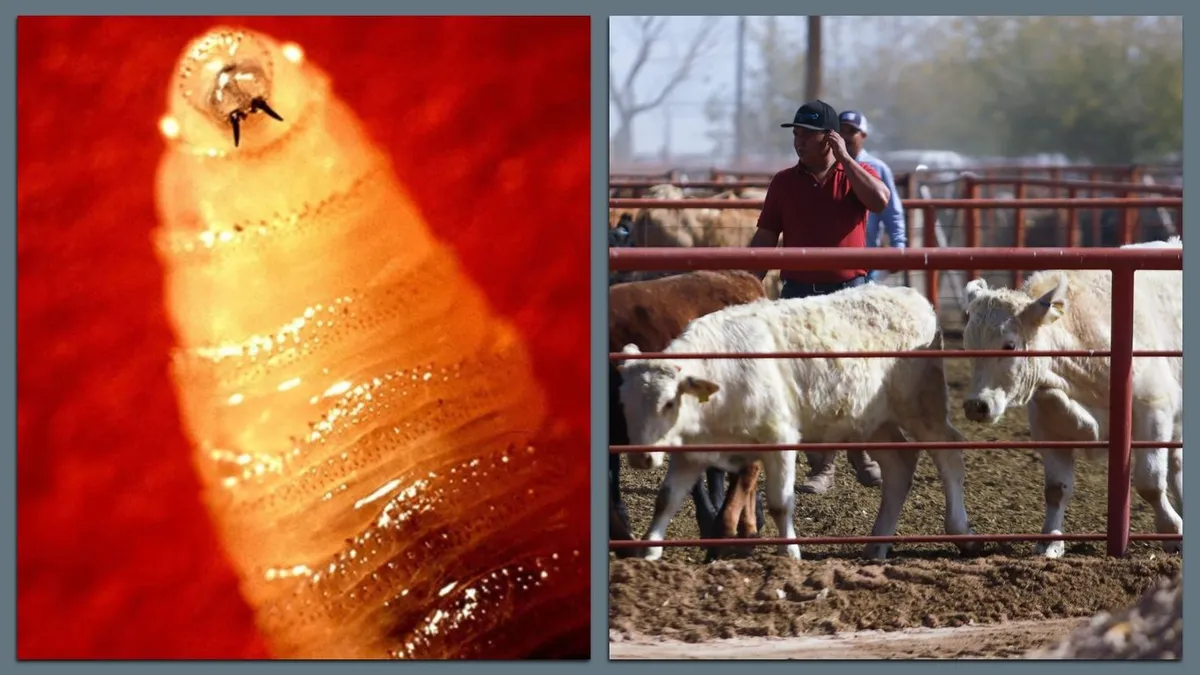
A case involving the flesh-eating New World screwworm parasite has been confirmed in a Maryland resident who recently returned to the United States after traveling to El Salvador, according to a statement from the Department of Health and Human Services (HHS) released on Sunday evening.
This alarming incident marks the first documented case of travel-associated New World screwworm myiasis in the United States, as noted by HHS spokesperson Andrew Nixon. He emphasized that the risk posed to public health in the U.S. from this specific case is considered very low.
Myiasis refers to a parasitic infestation caused by fly larvae (maggots) that invade human tissue. The New World screwworm (NWS) is a species of parasitic fly notorious for causing myiasis by feeding on live tissue, primarily impacting livestock. This condition can lead to severe and often fatal damage in animals and, in rare cases, can affect humans.
According to the Centers for Disease Control and Prevention (CDC), NWS is predominantly found in South America and the Caribbean. Recent outbreaks among cattle in Mexico have raised concerns, prompting heightened prevention efforts by the Trump administration to stop the parasite from entering the U.S. Measures included a project aimed at breeding and sterilizing billions of flies for airdrops over Mexico and southern Texas.
The CDC, in collaboration with the Maryland Department of Health, began investigating this confirmed case of travel-associated New World screwworm on August 4, following a telediagnosis that involved expert review of submitted images of the larvae. Nixon advised reporters to reach out to the Maryland Department of Health for further information regarding the patient's condition, but representatives did not provide immediate comments.
Initial reports from Reuters indicated that the traveler had returned from Guatemala rather than El Salvador, citing sources within the beef industry. The U.S. Department of Agriculture (USDA) has warned that an outbreak of screwworms in Texas could lead to an economic loss of approximately $1.8 billion in this major cattle-producing state.
Historically, the U.S. has successfully eradicated NWS fly populations using biological control techniques, such as introducing sterilized insects. Notably, in 1966, officials eliminated this parasite from the U.S., and in 2017, a small outbreak was eradicated from the Florida Keys, as documented by USDA records.
To combat the threat of flesh-eating maggots, the U.S. is gearing up to breed billions of flies as part of an ongoing effort to manage and prevent potential outbreaks. This proactive strategy is crucial to safeguarding both livestock and public health against the dangers posed by the New World screwworm parasite.